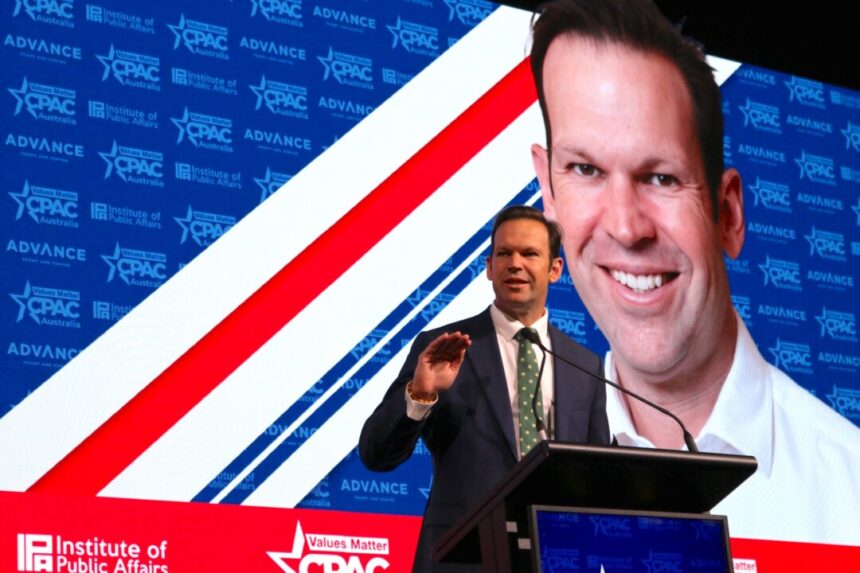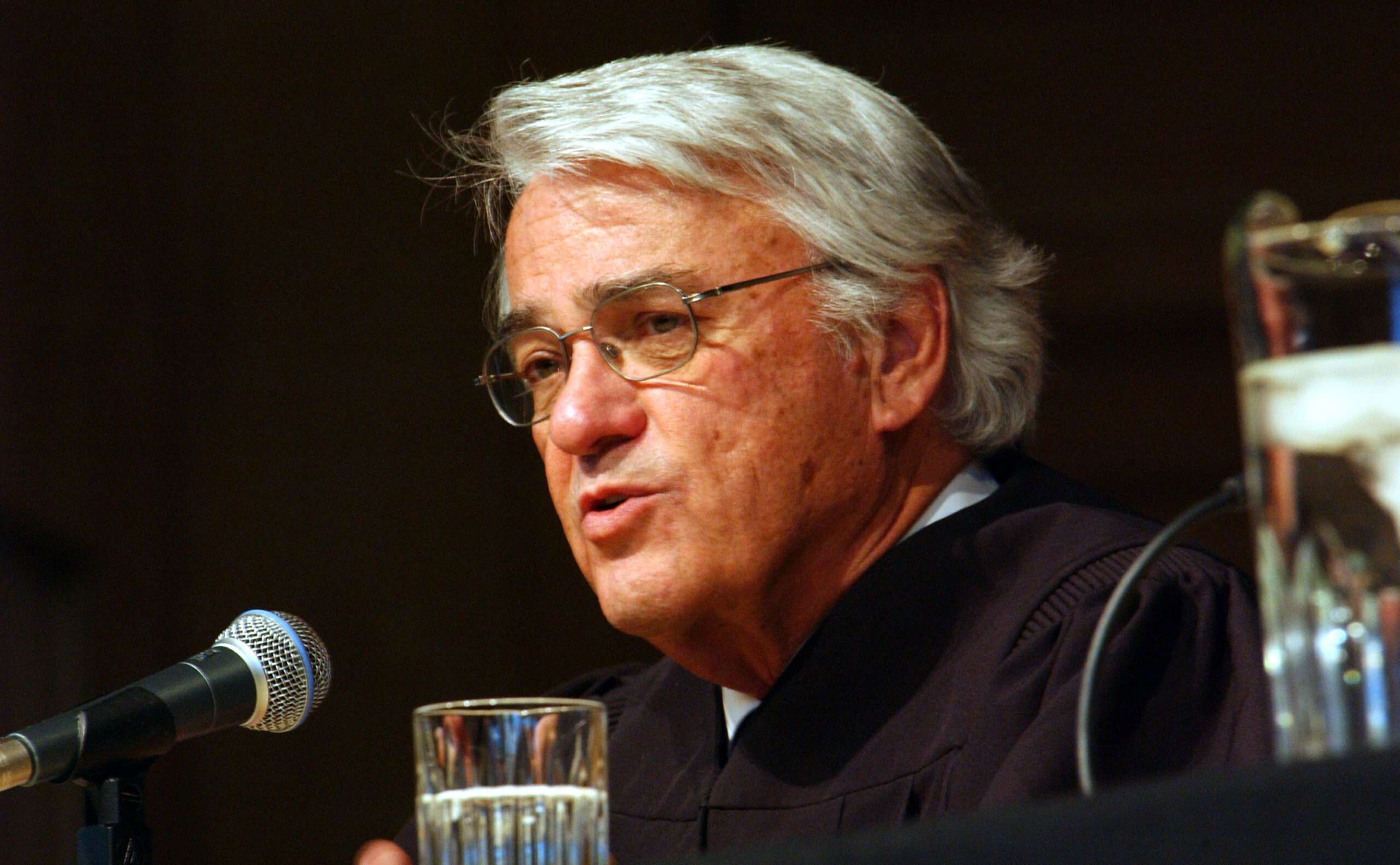Nationals Senator Matt Canavan criticized the Labor government’s misinformation bill, suggesting that its true intention is to ban opinions. Speaking at the Conservative Political Conference (CPAC) Australia event on Oct. 5, Canavan highlighted the dangers associated with the proposed legislation.
According to Canavan, the laws against misinformation are not meant to protect individuals from falsehoods but rather to shield the powerful so they can continue spreading falsehoods. He emphasized that the bill’s definition of serious harm includes any harm impacting Australia’s banking system, health authorities, and various identity groups, excluding the defense force.
Canavan argued that the government should also be held accountable under these laws, especially considering the actions taken during the COVID-19 pandemic, such as keeping children out of school and arresting individuals for social media posts.
Questioning the effectiveness of the bill, Canavan raised concerns about how it could allow social media companies to act as “internal ministries of truth” to censor content. He cautioned against granting American companies the power to control speech in Australia, emphasizing the need to preserve Australian sovereignty.
Additionally, Canavan warned that the broad scope of the bill could enable platforms like TikTok, owned by China, to replicate the censorship practices of the Chinese Communist Party in Australia legally. He urged the rejection of such laws by the Australian Parliament.
Former Prime Minister Tony Abbott also expressed reservations about defining misinformation, citing examples like unfulfilled political promises and changing health guidance during the pandemic. He questioned whether these instances constituted misinformation or honest mistakes.
Abbott’s concerns were echoed by infectious diseases and respiratory expert Nick Coatsworth, who feared that legitimate discussions on public health policy could be labeled as misinformation under the bill. He emphasized the importance of allowing open debate without the risk of being branded as spreading false information.
Overall, the proposed misinformation bill has sparked debates about freedom of speech, government oversight, and the balance between protecting society and stifling dissenting opinions.
Please provide an alternative version.
Source link






